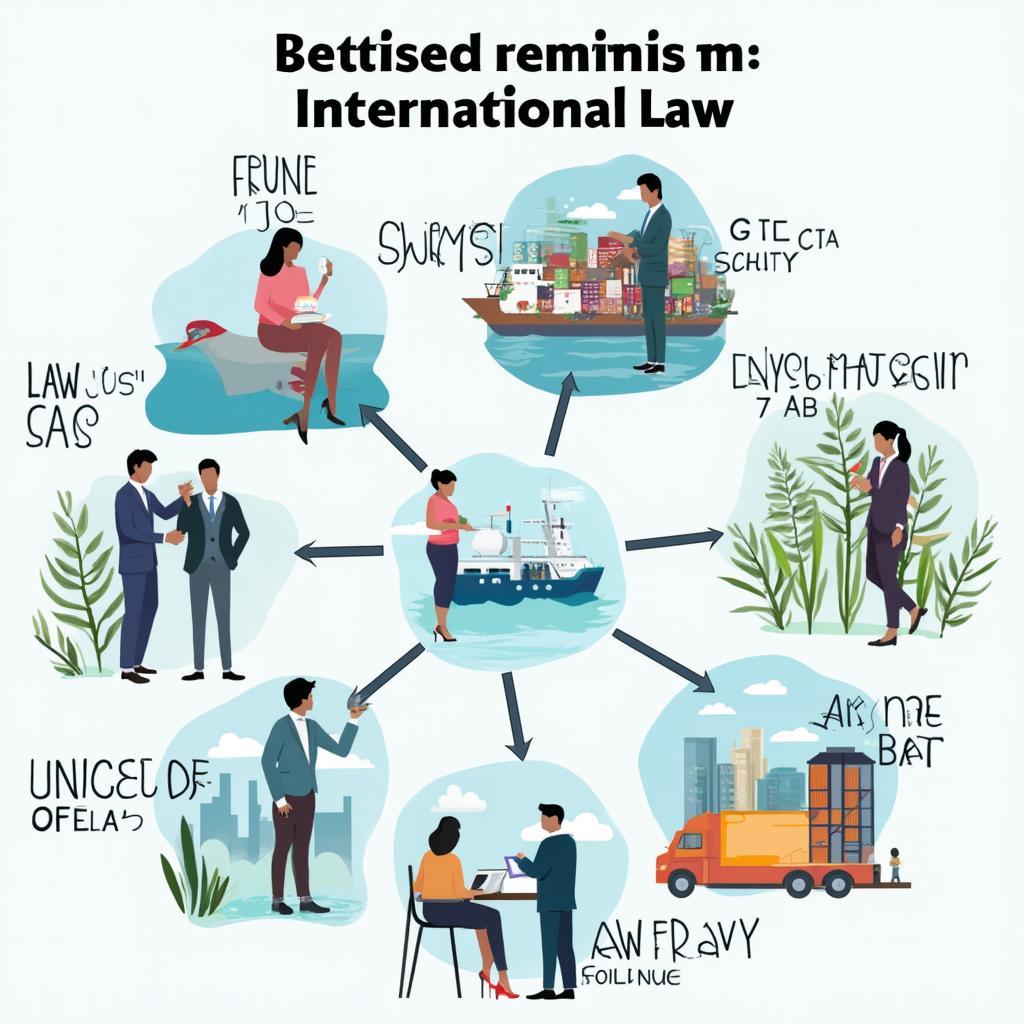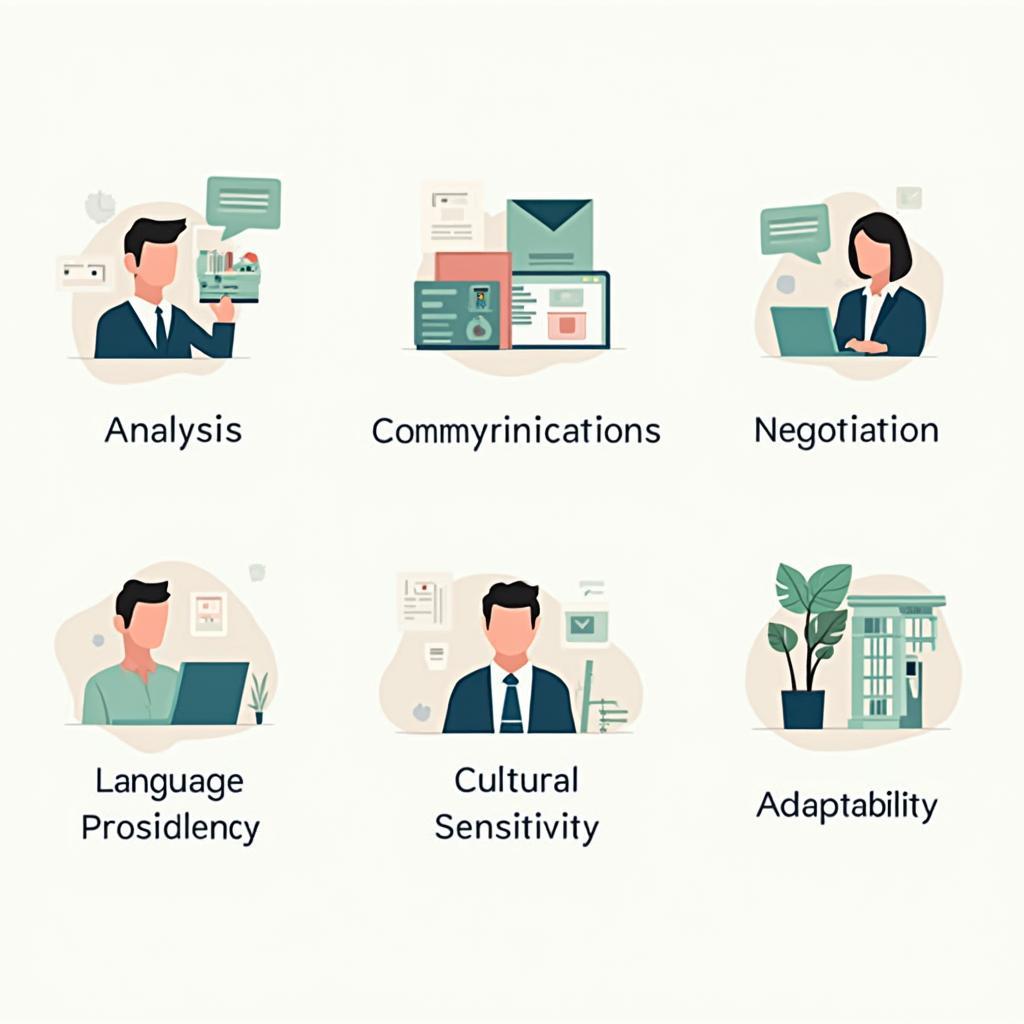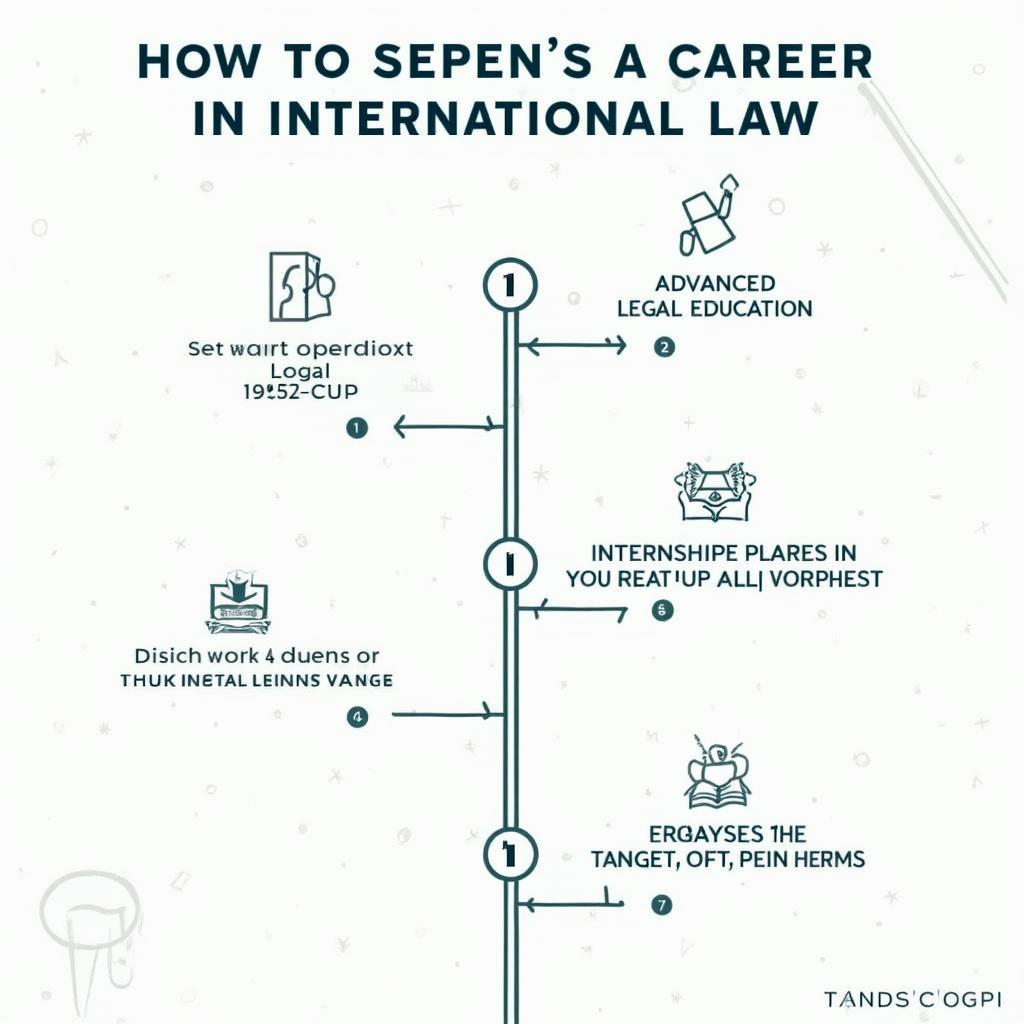
International Lawyer Job Opportunities: A Comprehensive Guide
International lawyer job opportunities are expanding in today’s interconnected world. This dynamic field offers exciting prospects for legal professionals seeking to work across borders and engage in complex legal issues with a global perspective. This guide will explore the various career paths, required skills, and strategies for securing a position in this competitive field.
Navigating the world of international law can be challenging, but with the right preparation and resources, aspiring international lawyers can find rewarding and fulfilling careers. This article will delve into different areas of specialization, the importance of networking, and the necessary steps to gain a competitive edge in the international legal arena.
Understanding the Landscape of International Lawyer Job Opportunities
The demand for international lawyers stems from the increasing complexity of global business transactions, international trade regulations, human rights issues, and environmental law. As businesses expand globally and international organizations address complex challenges, the need for legal experts with a strong international background becomes crucial. Understanding this landscape is essential for those seeking to enter this field.
What drives the demand for international legal expertise? Globalization and increasing cross-border interactions necessitate legal professionals who can navigate international treaties, regulations, and legal systems.
Specializations within International Law
International law offers diverse specializations catering to different interests and skill sets. Some prominent areas include:
- International Human Rights Law: Focuses on protecting fundamental human rights globally.
- International Criminal Law: Deals with prosecuting individuals for crimes against humanity and war crimes.
- International Environmental Law: Addresses legal issues related to environmental protection and sustainability.
- International Trade Law: Covers regulations and agreements governing international trade and commerce.
- International Business Law: Governs cross-border business transactions and investments.
- Law of the Sea: Deals with maritime law, including navigation, territorial waters, and marine resources.
Each specialization requires specific knowledge and skills, offering unique international lawyer job opportunities. Choosing the right specialization is a critical step in building a successful international legal career. Similar to legal jobs, understanding different niches within international law can be key for aspiring lawyers.
 Exploring various international law career options
Exploring various international law career options
Essential Skills for International Lawyers
Success in international law demands a unique blend of legal expertise and soft skills. Key skills include:
- Strong legal analytical skills: The ability to analyze complex legal issues and apply relevant international laws and treaties.
- Excellent communication and negotiation skills: Effective communication is essential for interacting with clients, colleagues, and international organizations from different cultural backgrounds.
- Fluency in multiple languages: While English is often the working language, proficiency in other languages can be a significant advantage.
- Cultural sensitivity and awareness: Understanding and respecting different cultures is crucial for successful international legal practice.
- Adaptability and flexibility: International lawyers often work in diverse and changing environments, requiring adaptability and flexibility.
Honing these skills is vital for seizing international lawyer job opportunities and thriving in a globalized legal landscape. Developing these key attributes can significantly increase your chances of success. For example, annual salary for criminal lawyer can be influenced by a candidate’s overall skillset.
 Key skills needed for international legal professionals
Key skills needed for international legal professionals
Pursuing International Lawyer Job Opportunities
How can aspiring lawyers break into this competitive field? A strategic approach involves:
- Advanced Legal Education: Pursuing an LL.M. in international law from a reputable institution can enhance your qualifications.
- Gaining International Experience: Internships or work experience with international organizations, law firms, or NGOs can provide valuable practical experience.
- Networking: Attending international law conferences and networking with professionals in the field can open doors to job opportunities.
- Developing Language Skills: Fluency in multiple languages can significantly enhance your marketability.
- Building Cultural Awareness: Immersing yourself in different cultures through travel or study abroad programs can broaden your perspective.
Nguyen Thi Lan, a seasoned international lawyer, advises, “Building a strong network is paramount. Attending international legal events and connecting with experienced professionals can provide invaluable insights and opportunities.”
 Steps to pursue a career in international law
Steps to pursue a career in international law
Where to Find International Lawyer Job Opportunities
Several avenues exist for finding international lawyer job opportunities:
- International Organizations: The United Nations, World Bank, and other international organizations offer diverse legal roles.
- Government Agencies: Many government agencies have international law divisions focused on trade, diplomacy, and human rights.
- International Law Firms: Large law firms with international practices often hire lawyers with expertise in international law.
- NGOs: Non-governmental organizations working on international issues often require legal professionals.
Exploring these avenues can connect aspiring international lawyers with exciting career prospects. Understanding where to look can significantly simplify the job search process. This information is crucial for anyone looking into career options, even those considering areas like highest paying lawyer jobs philippines.
The Future of International Law Careers
The future of international law appears bright, with increasing demand for legal professionals who can navigate the complexities of a globalized world. As international trade, technology, and human rights issues continue to evolve, the need for skilled international lawyers will continue to grow.
Tran Van Hao, a leading legal recruiter, observes, “The demand for international lawyers specializing in areas like cybersecurity, data privacy, and fintech is on the rise, reflecting the evolving legal landscape.” This insight highlights the dynamic nature of the field and the importance of staying updated with emerging trends. For instance, understanding lawyer unemployment rate 2024 can provide valuable context for career planning.
Conclusion
International lawyer job opportunities offer a rewarding path for those passionate about global issues and legal practice. By developing the necessary skills, pursuing relevant education, and building a strong network, aspiring international lawyers can position themselves for success in this dynamic field. Understanding the specific requirements for your desired area, like criminal lawyer salary philippines per month can also be beneficial. Begin your journey today and explore the vast possibilities that await in the world of international law.
FAQ
- What is the typical salary range for an international lawyer? Salaries vary widely based on experience, location, and specialization.
- Do I need to be fluent in multiple languages to become an international lawyer? While not always mandatory, multilingualism is a significant advantage.
- How can I gain international experience while in law school? Seek internships with international organizations or law firms with global practices.
- What are the best LL.M. programs for international law? Several reputable universities worldwide offer specialized LL.M. programs in international law.
- What are some of the challenges of working as an international lawyer? Challenges can include cultural differences, time zone differences, and complex legal systems.
- How can I stay updated with the latest developments in international law? Join professional organizations, attend conferences, and follow reputable legal publications.
- What are the career advancement opportunities in international law? Career paths can lead to senior roles in international organizations, law firms, or government agencies.




